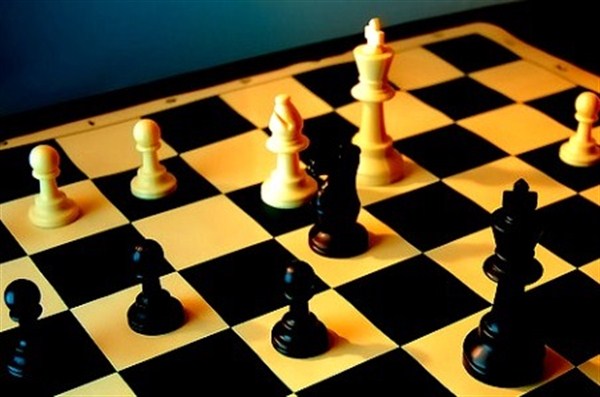The diffusion of power in the 21st century from states to nonstate actors has left more and more things outside the control of even the most powerful states. To accomplish their goals, states must do better at leveraging their smart power, which combines the hard power of coercion and payment with the soft power of persuasion and attraction. Doing so will often require wielding power with others rather than over them.
What will it mean to wield power in the global information age of the 21st century? What resources will produce power? In the 16th century, control of colonies and gold bullion gave Spain the edge; 17th-century Netherlands profited from trade and finance; 18th-century France used its larger population and armies to gain advantage; while 19th-century British power rested on its primacy in the industrial revolution and its navy. Conventional wisdom has always held that the state with the largest military prevails, but in an information age it may also be the state—or nonstate actor—with the best story that wins.
Today, it is far from clear how we measure a balance of power, much less how to develop successful strategies to survive in this new world. Many current projections of a shift in the global balance of power—favoring China over the United States, for example—are based primarily on one factor: projections of growth in the gross national product. They ignore the military and soft dimensions of power, not to mention the difficulties of combining military, economic and soft power into successful strategies.

